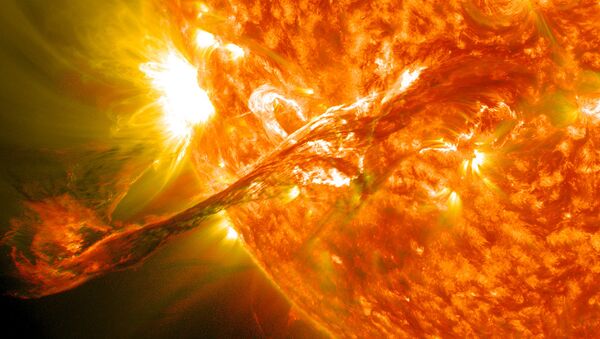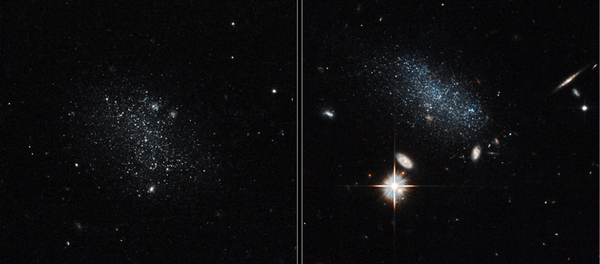The problem was further exacerbated by the fact that the storm took place during the height of the Cold War, so the US military leadership may have had reasons to suspect that the interference was caused by Soviet forces and plot a retaliatory action of some kind, maybe even nuclear.
Fortunately for us, a space weather monitoring program established by the US Air Force several years ago discovered that the jamming was not a result of some Soviet plot, but was in fact caused by the solar storm interference.
"It was important militarily to know whether or not radar and radio technologies were being actively jammed or if it was nature doing the jamming. In this case, it was an unprecedented radio burst from the sun," Knipp said, according to Smithsonian Magazine.
This incident prompted the US Department of Defense to increase funding to space weather research – a prudent move, considering how solar storms as powerful as those that occurred in 1967, can wreak considerable havoc on global communications and positioning systems like GPS.
"We have eyes in the sky more substantially now than we did back then. We are in a much better situation than we were decades ago and we need to make sure we maintain that type of awareness," Daniel Baker, a space science researcher at the University of Colorado Boulder who was not involved in the study, remarked.




